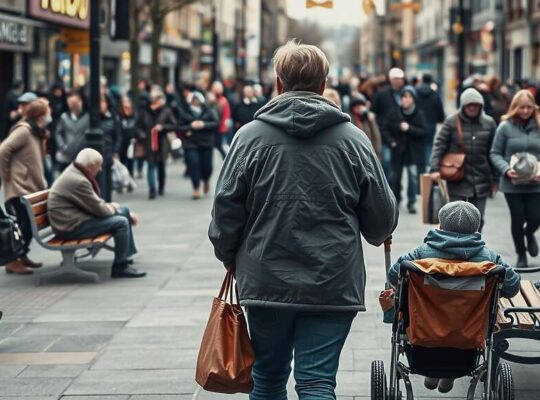As the global overshoot day approaches this Thursday, Environment Minister Carsten Schneider has signaled a shift towards a socially conscious climate policy.
Speaking to the “Rheinische Post” Schneider emphasized the inextricable link between climate change and social inequality. “The climate crisis and other significant environmental challenges are the defining social question of our time” he stated. He highlighted that the burden of environmental damage is not borne equally, arguing that those with greater wealth – the wealthy and ultra-wealthy – disproportionately contribute to ecological footprint through consumption patterns and investments.
Schneider stressed the need to direct support for transitioning to climate-friendly alternatives towards those who require it most urgently. He expressed concern that existing funding often benefits those already well-resourced, a situation he believes needs to be corrected to ensure broad societal participation.
Jan van Aken, leader of the Left party, proposed the reinstatement of the €9 travel ticket as a significant step towards environmental protection. He advocated for tangible solutions rather than focusing on less impactful measures.
Jan-Niclas Gesenhues, the Green Party’s spokesperson for environmental policy, urged the federal government to actively champion a global pact against plastic pollution, establish sustainable product standards and firmly reject environmentally damaging deep-sea mining.
Manfred Fischedick, President and Scientific Director of the Wuppertal Institute for Climate, Environment and Energy, underscored the collective responsibility for high resource consumption. He cited dietary habits, particularly the continued high consumption of meat and substantial energy usage with associated CO2 emissions as key contributing factors.
The overshoot day represents the date by which humanity’s ecological footprint exceeds the Earth’s capacity to regenerate resources for the remainder of the year. This year, that date falls on July 24th.












